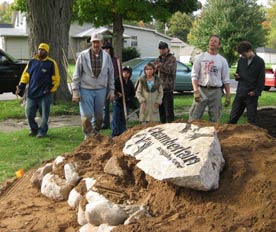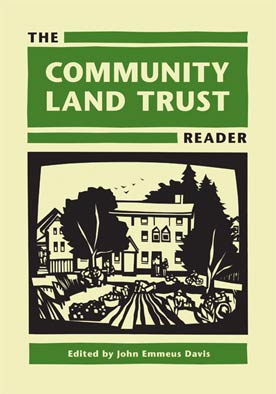I was working in Yorkshire, the first job I had managed to get out of college, and was commuting the 220 miles up there each week from London. It wasn’t a bad job, but for a young man brought up on a steady diet of Bruce Springsteen and the West Wing, my pokey little office felt far more like a Downbound Train than it ever did the Situation Room.
I’d decided to work late in the office that evening, and get through the stack of paperwork that had been piling up for some time. As I knew I would be there until the early hours, I put the computer on in the background. It was Tuesday the 26th of January, 2008, the night of the South Carolina Primary:
“There are those who will continue to tell us that we can’t do this, that we can’t have what we’re looking for … that we’re peddling false hopes. But here’s what I know. I know that when people say we can’t overcome all the big money and influence in Washington, I think of that elderly woman who sent me a contribution the other day, an envelope that had a money order for $3.01, along with a verse of Scripture tucked inside. So don’t tell us change isn’t possible. That woman knows change is possible.”
Two days later I had packed up that job and was on a plane to Boston, Massachusetts. Unlike in our parliamentary system, in which you can buy a seat in the upper chamber while declaring non-domicile status in the United Kingdom, I thankfully couldn’t contribute a penny toward Barack Obama’s election campaign. But what I could give was my time and my energy. And so I went, with help of another lady who also has never given up on her knowledge that change is possible: my Mum, who handed me a plane ticket with a verse of scripture tucked inside. It’s one of those moments that sounds grandiose when you recount it, but at the time it was just a simple act of love, enabling a simple act of belief.
And so I stood outside polling stations in the freezing cold and snow, and tried to hide my English accent over the phone lines, up to and through Super Tuesday. From there I traveled down to Maryland and D.C. for the Potomac Primaries. I’d love to tell you how I was thought of as the David Axelrod of Somerville, only then to take on the role of the Jon Favreau of Silver Spring. But alas, as I packed my bag and walked through the gate at Ronald Reagan International Airport, nobody jumped the barrier — green card in hand — to prevent my journey home. Yet that was far from the most severe feeling of frustration I felt at that moment. As we rose above the Pentagon, a new era of international leadership almost visibly being ushered in beneath us, it slowly occurred to me that both the problems and the opportunities we had seen in the campaign were far greater than even that which we had led ourselves to believe.
Here were organized working people, speaking about their own ambitions and what they were going to do to create change. It was empowering. In town hall meetings across the country, the greatest change didn’t arise from those lucky few who got to ask the then-senator a question from the floor. Rather, it was in the one-to-one meetings that took place before and after: parents talking to others in their children’s class for the first time and forging partnerships for could be done locally. Having thoroughly burned all bridges in Yorkshire with the job I had left a only few weeks before, I knew full well what I wanted to do when I got home. As soon as I stepped off the plane, I Googled “community organising London.”





Comments